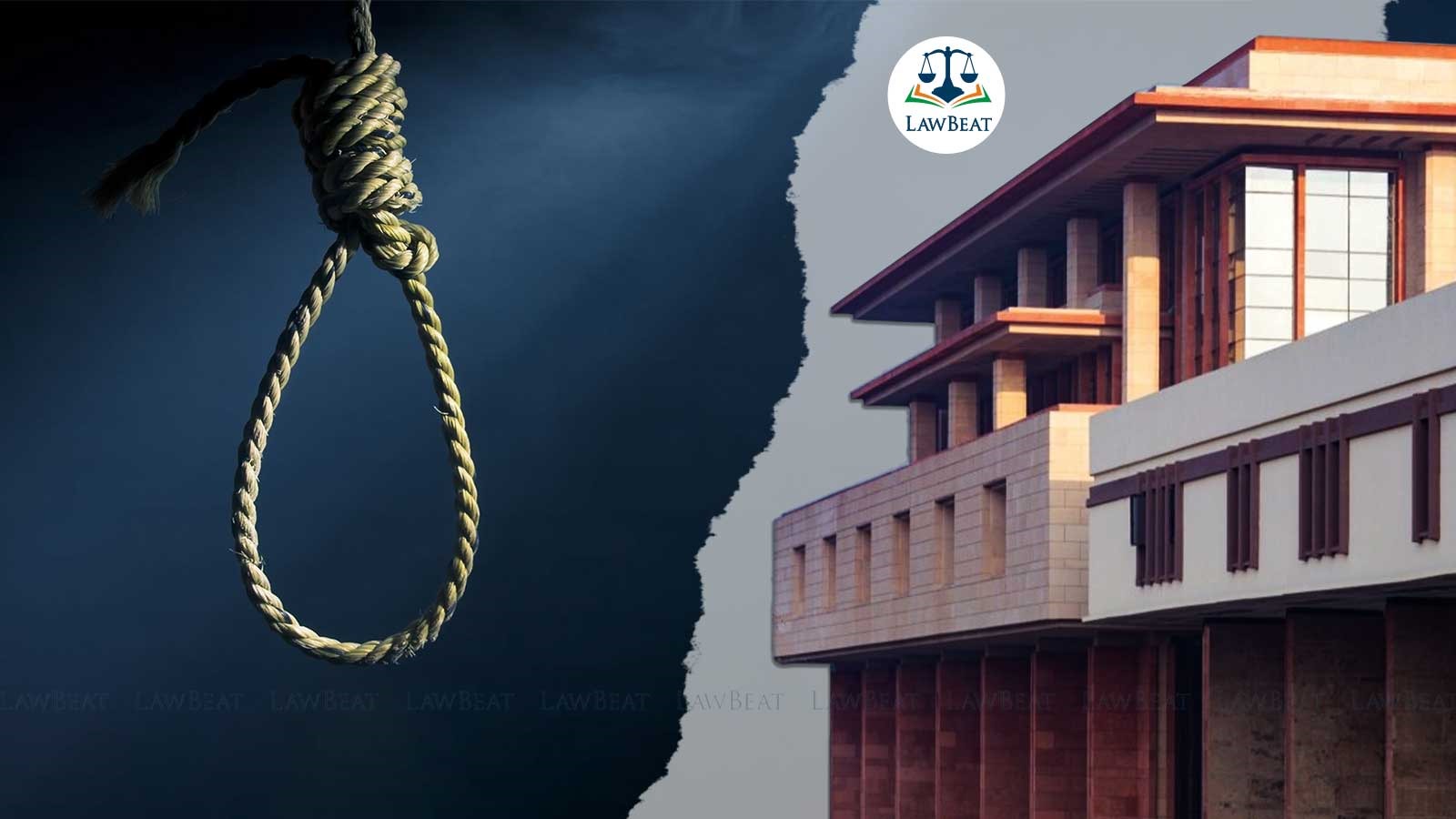“Your Shoulders Should Be Broad Enough To Take Responsibility”: Delhi HC Orders Amity to Compensate Deceased Law Student

The Delhi High Court, while directing a stakeholder consultation on mandatory attendance in colleges, reprimanded Amity Law School over its systematic failure and inability to provide compensation for a law student who allegedly died by suicide on August 10, 2016.
The Delhi High Court on Monday, September 9, instructed Amity University to provide ex gratia compensation to Sushant Rohilla, who died by suicide in 2016 after being barred from appearing for the semester exam due to insufficient attendance.
A bench led by Justice Prathibha Singh and Justice Amit Sharma while addressing the issue of mandatory attendance in colleges, directed the Secretary of the Ministry of Education to hold a stakeholder consultation on making attendance mandatory in undergraduate and postgraduate institutions nationwide. Additionally, the court ordered the establishment of a grievance redressal mechanism across the country within two weeks.
The instant case dates back to the petition which was first brought before the Supreme Court in 2016, following a letter from Mehak, Sushant Rohilla's sister, to the Chief Justice of India (CJI) alleging harassment by Amity University's administration. The Apex court later transferred the case to the Delhi High Court in March 2017.
The counsel appearing for the Amity Law School argued before the bench that the deceased 23-year-old Sushant Rohilla didn’t blame anyone from the institution in his suicide note.
Considering the arguments made, the bench stressed that people have been fighting this case for years, stating, "In a law school like yours, such incidents are unfortunate. In fact, compensation should have been announced immediately."
The court emphasized that the institution should adopt a broader mindset and said it is a "systemic failure." It directed Amity Law School to grant ex gratia compensation to the family of the deceased.
''In such cases, you can't argue. Your shoulders should be broad enough to take responsibility'', the bench was quoted as saying.
While addressing the issue of attendance before the bench, the counsel for the Bar Council of India (BCI) contended that weighing off attendance requirements is not a viable solution, as attendance is integral to the course structure. While acknowledging the student's mental health and challenges faced, the advocate emphasized that instead of diluting attendance norms, these must be focused on:
• Grievance redressal mechanism,
• Psychological counselling services, and
• Supportive educational environment.
The counsel for BCI further brought the court's attention to international attendance standards and further asserted the rule “no student of any degree programme shall be allowed to take an end-semester test in a subject if the student concerned has not attended the minimum of 70 per cent of classes including moot court practical etc.”
Notably, the Centre represented by Additional Solicitor General Chetan Sharma in his submission stated that large-scale consultation would be required with various stakeholders including bodies such as the University Grants Commission (UGC), National Council for Teachers Education (NCTE), National Council for Vocational Education and Training. The ASG further asked for a time of around 6 weeks for the same.
Parmanand Gaur, Standing Counsel for the University Grants Commission (UGC), submitted that there have been systematic changes in light of the New Education Policy (NEP) and that the UGC mandates only 75% attendance. He also noted that there are relaxation guidelines in place, along with guidelines for physical and mental health. He added that a detailed affidavit will be filed within two weeks.
In response to all this, the court ordered the UGC and the secretary, of the Ministry of Education to issue a circular to all the educational institutions courses across the country to set up a grievance redressal mechanism within two weeks. The court fixed October 14 as the next date for the hearing.
Advocate Pragya Paarijat Singh, appearing for South Asian University, noted that the mandatory attendance required is 75% in the University. Meanwhile, counsels representing institutions such as NIT and IIT also confirmed that mandatory attendance is set at 75%. Additionally, the counsel for the Indian Law Institute (ILI) reported that a grievance redressal committee has been established.
Previously, the court questioned the need for mandatory attendance policies noting that "Education is no longer restricted to classroom teaching or textbook education, and has, in fact, been extended to more practical areas.”
Case Title: Courts On Its Own Motion In Re: Suicide Committed By Sushant Rohilla, Law Student Of I.P. University (W.P.(CRL)- 793/2017)
